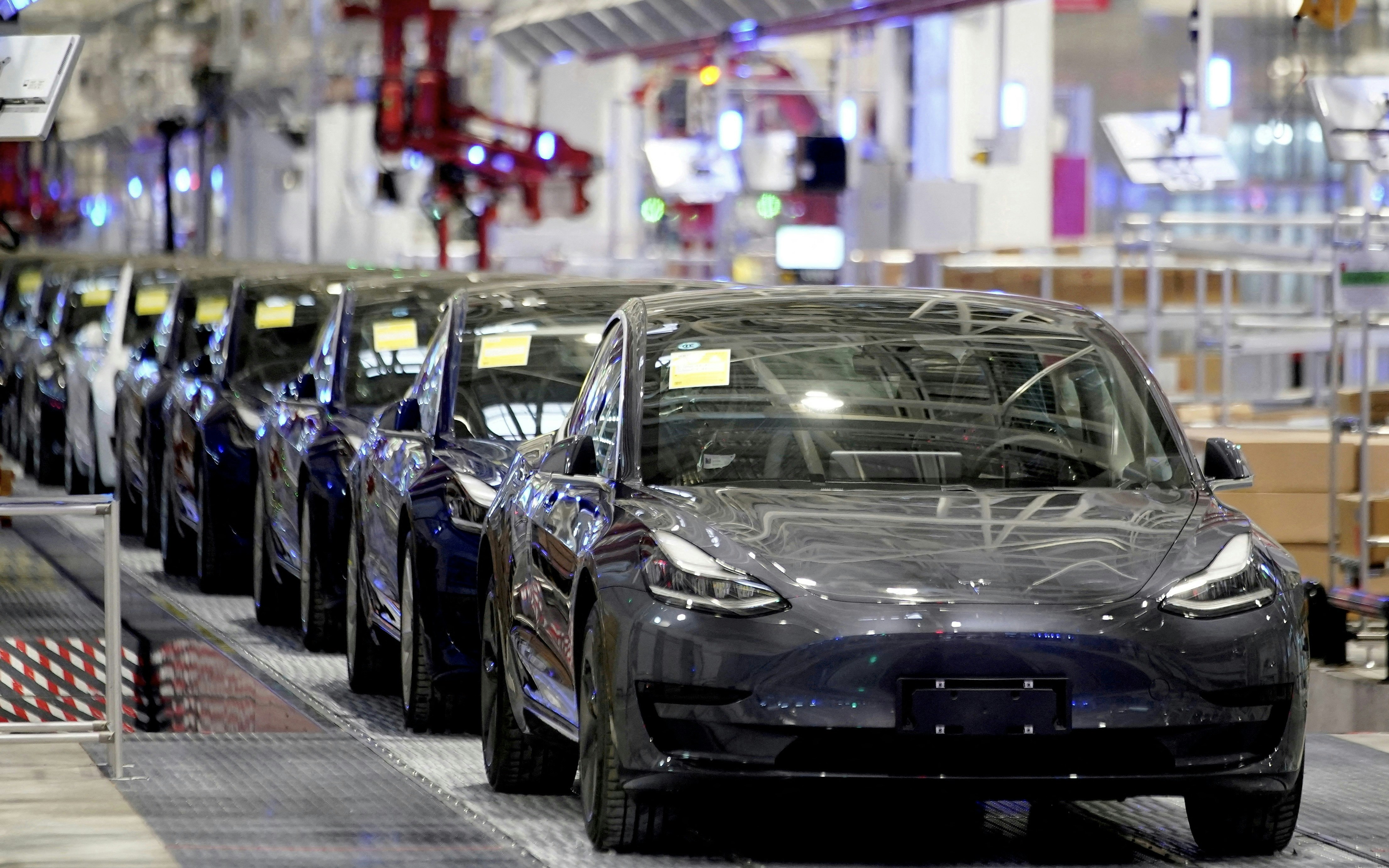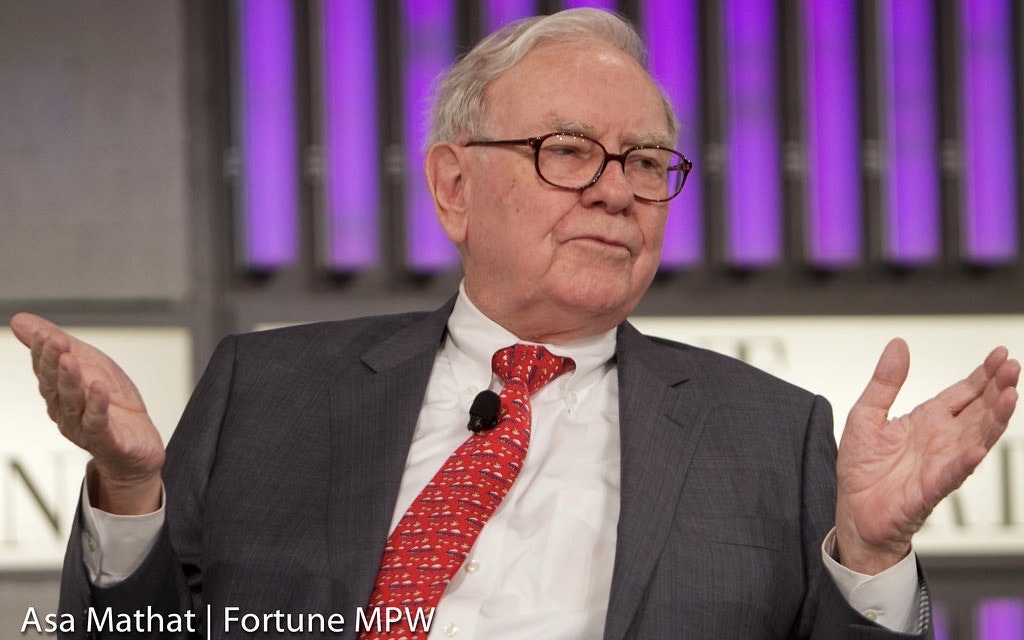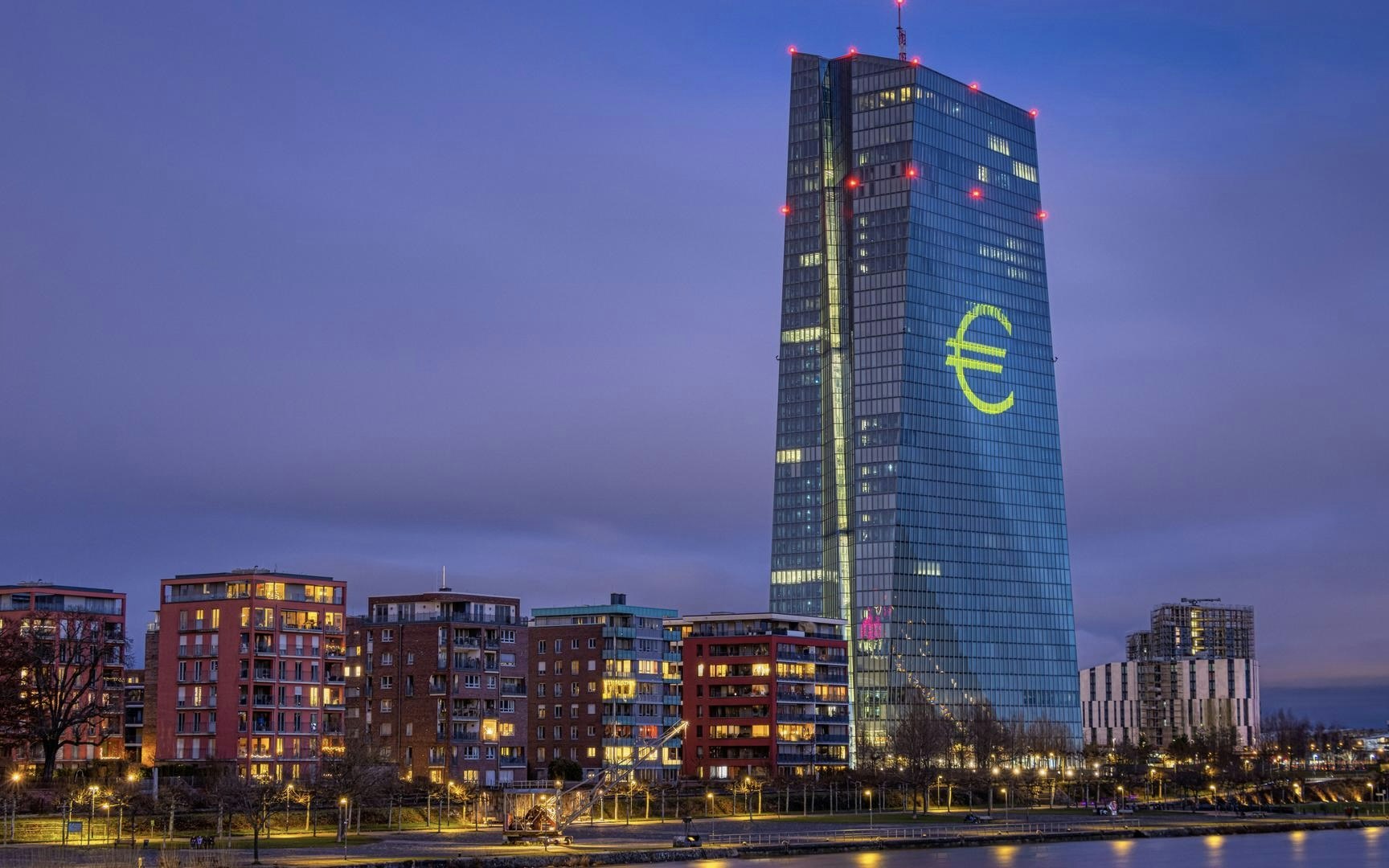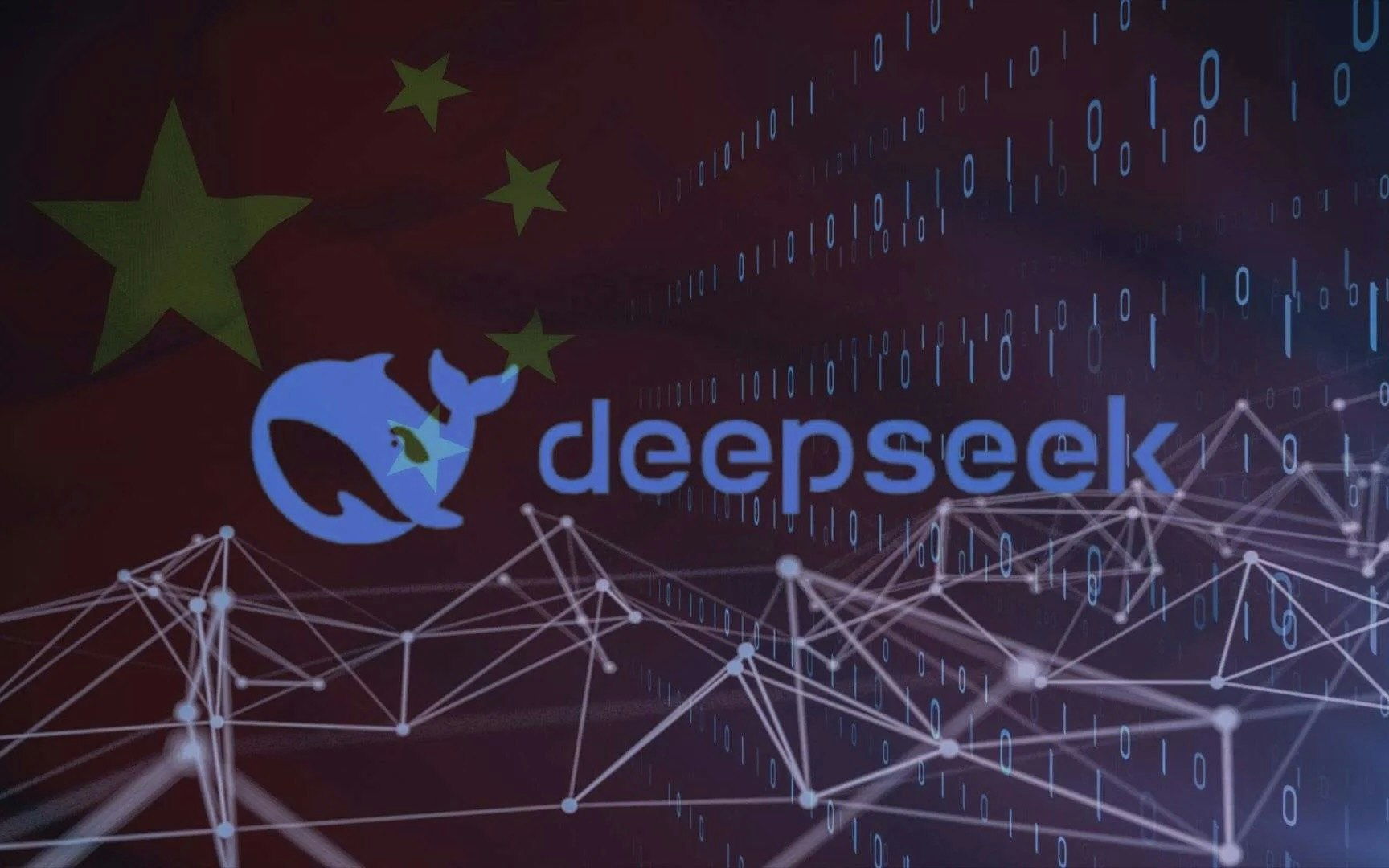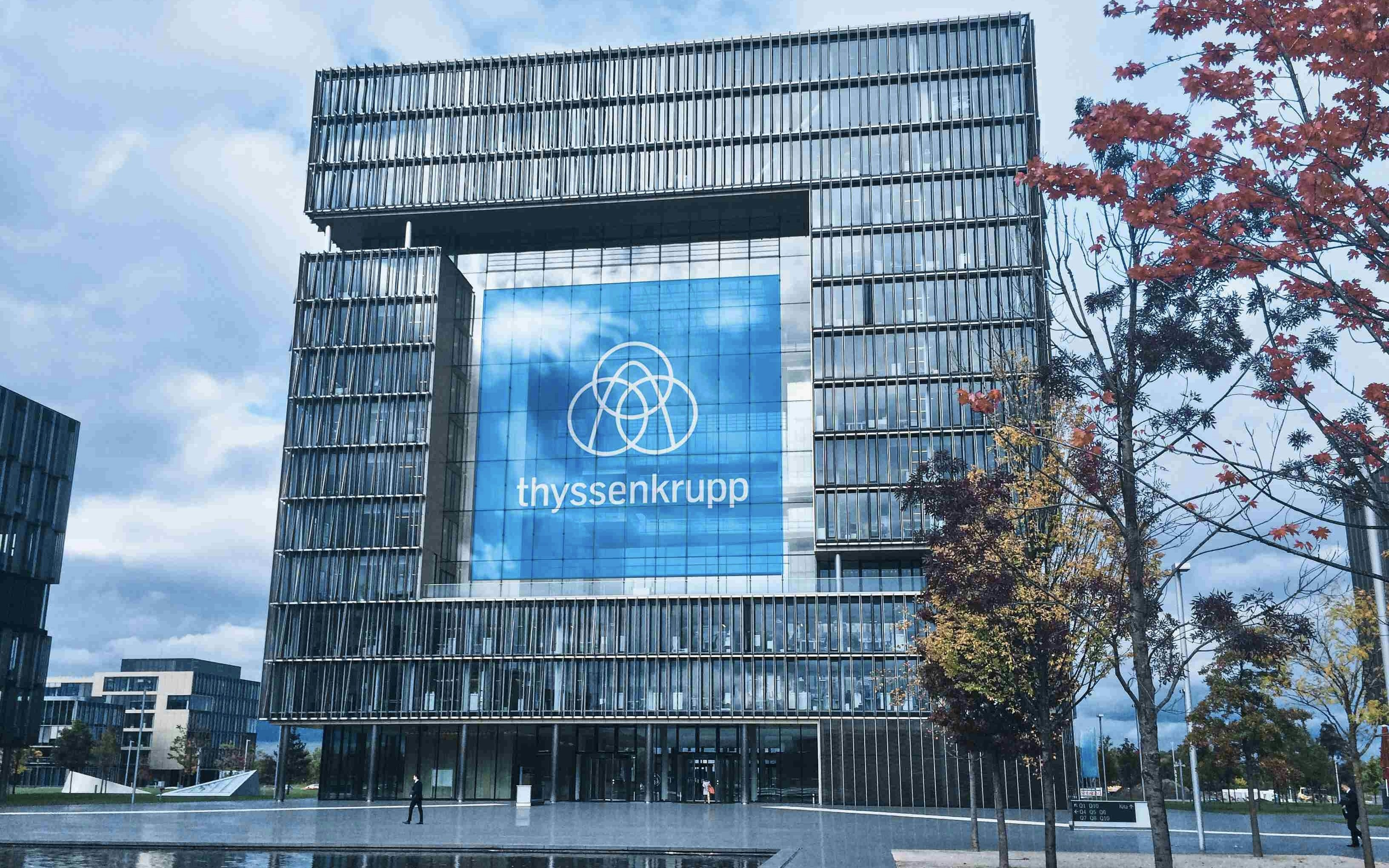The electric car manufacturer Tesla comes under pressure again. Despite a significant drop in sales and strong price reductions in the competitive electric car market, the company is showing flexibility and exploring new production sites in Asia. Thailand and India, in particular, seem promising for Tesla.
Investors and industry analysts are concerned about Tesla's recent revenue decline. To stimulate demand, the company had to significantly reduce prices. This led to a wave of layoffs and cuts in spending on the EV Supercharger network. A major challenge remains the ongoing trade war with China. Following announcements by the U.S. government to restrict imports of renewable energy products from China, Tesla faces new hurdles. The operations in Shanghai are crucial for production and consumer demand.
In light of these challenges, Tesla is increasingly focusing on Asia, particularly Thailand. With its well-developed automotive infrastructure, skilled workforce, and tax incentives, Thailand offers a promising foundation to reduce dependence on China and penetrate new markets. Preliminary discussions with the Thai government about the construction of a potential Gigafactory have already taken place.
Craig Irwin, Research Analyst at Roth Capital, Stresses That a Tesla Factory in Thailand Could Mitigate the Impact of the Trade War as Well as Serve Demand in Southeast Asia. The Region with Its 650 Million Inhabitants Offers a Huge Market Where US Tariffs Play No Role. In Order to Remain Competitive in These Price-sensitive Markets, Tesla Plans the Introduction of a More Affordable Model. A Planned $25,000 Model Could Turn the Tide, but Competition from China, Like BYD and Xiaomi, is Strong.
Concurrently, Tesla is considering India as a potential location for a new factory. The Indian government indicates its willingness to reduce import tariffs on electric vehicles, provided manufacturers invest at least 500 million US dollars in a facility in India. Automotive hubs in the states of Maharashtra, Gujarat, and Tamil Nadu are the focus of attention.
Elon Musk Criticizes US Government's Announcement to Increase Import Tariffs on Electric Cars from China to 100 Percent. "Neither Tesla nor I asked for this," he stated to CNBC. Musk emphasized that Tesla competes well in the Chinese market without tariffs and differential support. He is generally against tariffs and also against tax incentives for electric vehicles, as he explained at the VivaTech conference in Paris.
The coming months will show whether and how Tesla can master the challenges and opportunities in Asia. What is clear: The expansion into new markets is of critical importance for Tesla in order to strengthen its global presence and to cope with the current market conditions.
